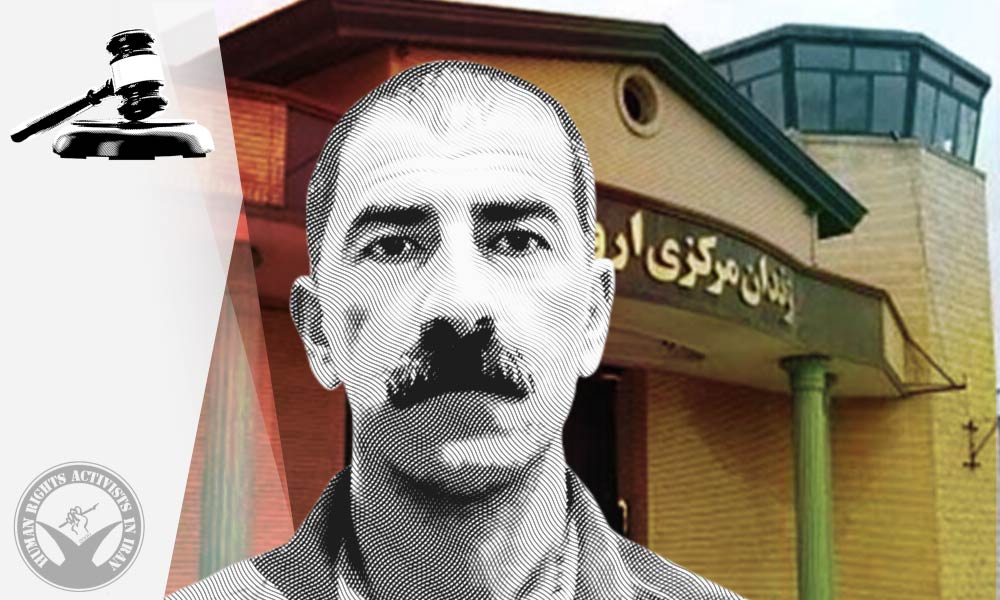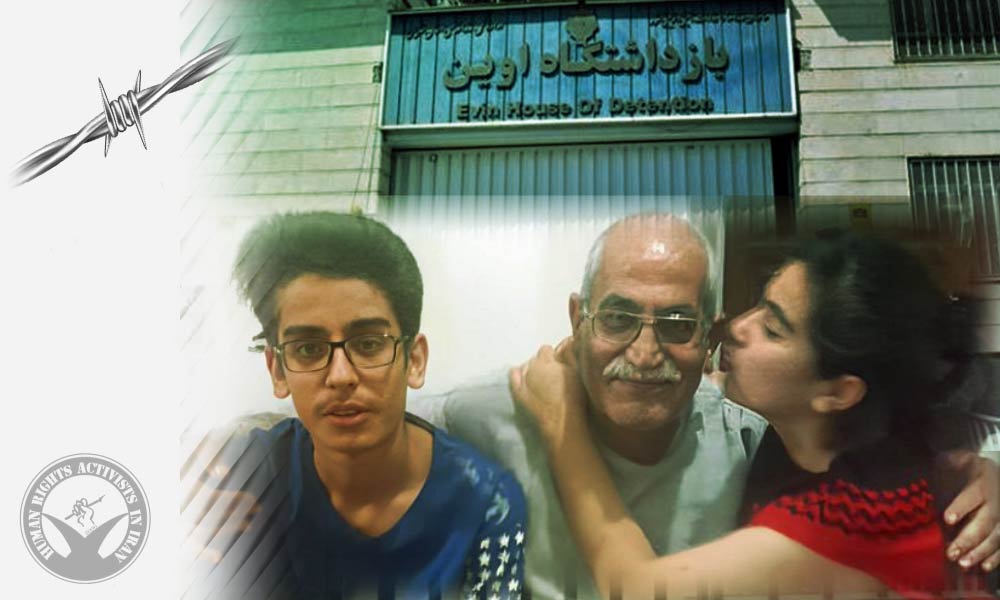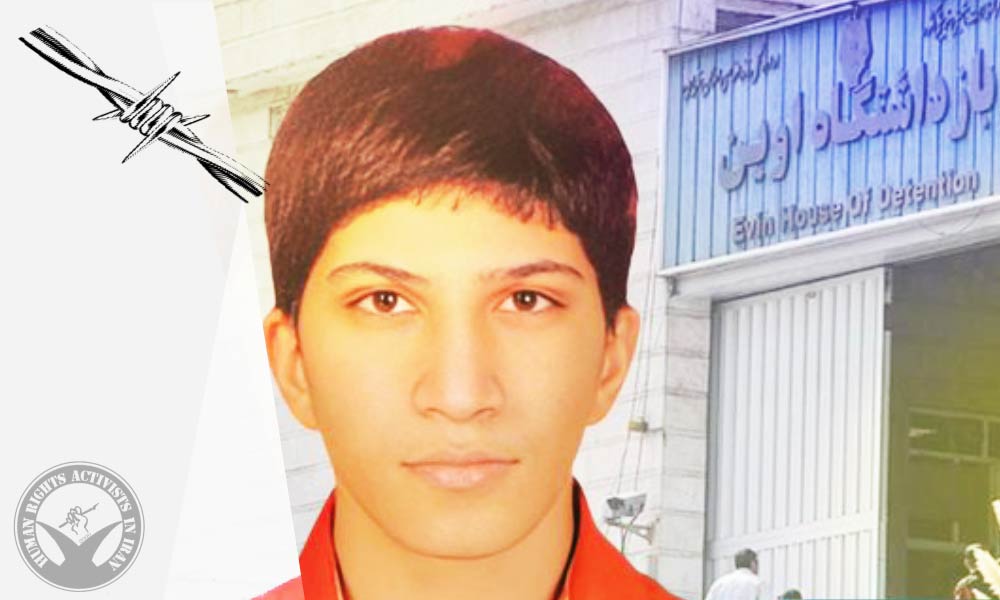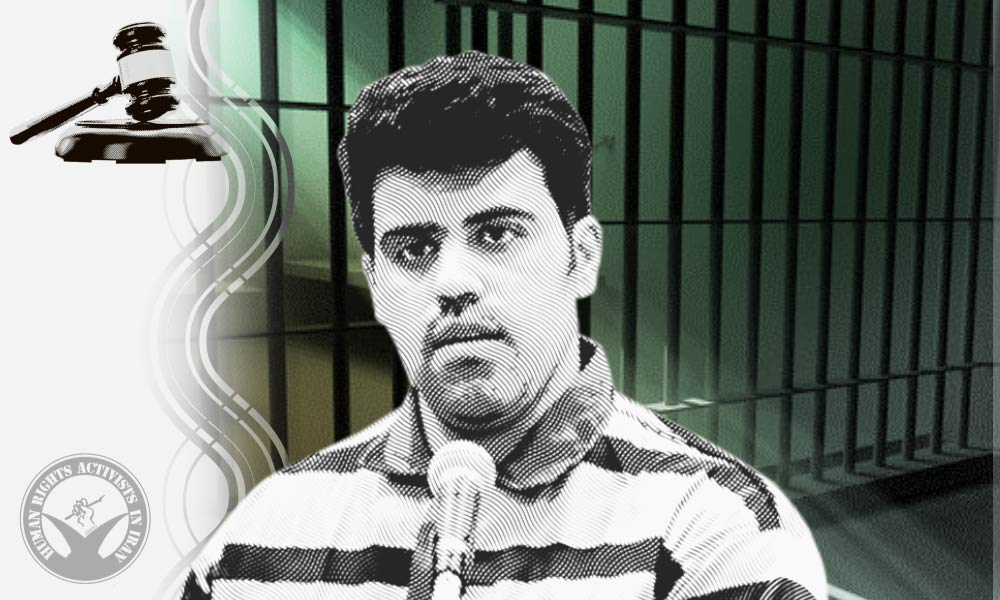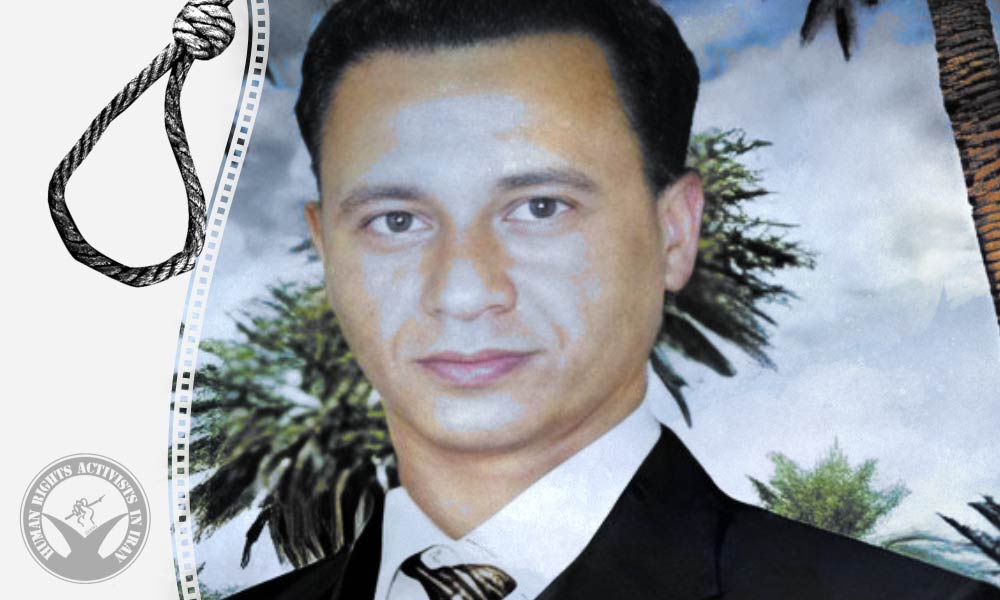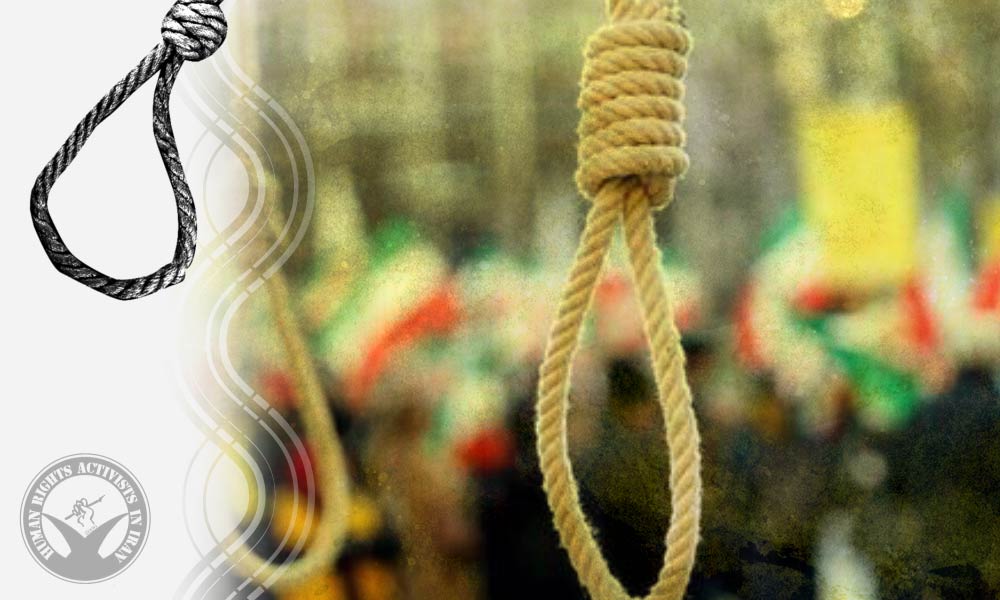HRANA, Human Rights Activists News Agency – the Iranian Supreme Court has overturned the three execution sentences and other punishments previously imposed on Javad Roohi, who was arrested during nationwide protests in Nowshahr.
Roohi’s lawyer, Majid Kaveh, confirmed that Branch 9 of the Iranian Supreme Court responded to Roohi’s request for a retrial and annulled the verdict issued by the Sari Revolutionary Court. The case has now been referred to another court branch for further review.
Back in January 2023, Roohi was handed three death sentences on charges including “spreading corruption on earth,” “enmity against God (Moharebeh)” for burning the Quran, blasphemy, arson and destruction of property, as well as “insulting people to unrest and assembly and collusion against national security.”
One of the main accusations against Roohi was setting fire to a traffic police station using a Molotov cocktail in Nowshahr. The judge further alleged that he played a leading role in the “unrest” and considered his participation in street dancing during the protests as a criminal act. Roohi has vehemently denied all these accusations. Despite presenting a strong defense, the court dismissed Roohi’s arguments as “pointless” and sentenced him to death.
Background on the 2022 Nationwide Protests
The arrest of Mahsa Amini by Tehran Morality Police for her improper hejab and her suspicious death on September 16 sparked protests sweeping across Iran. Protesters came to the streets with the central slogan “Women, Life, Freedom” in protest against the performance, laws and structure of the regime. During the nationwide protests, thousands of people, including journalists, artists, lawyers, teachers, students and civil rights activists, were arrested.







